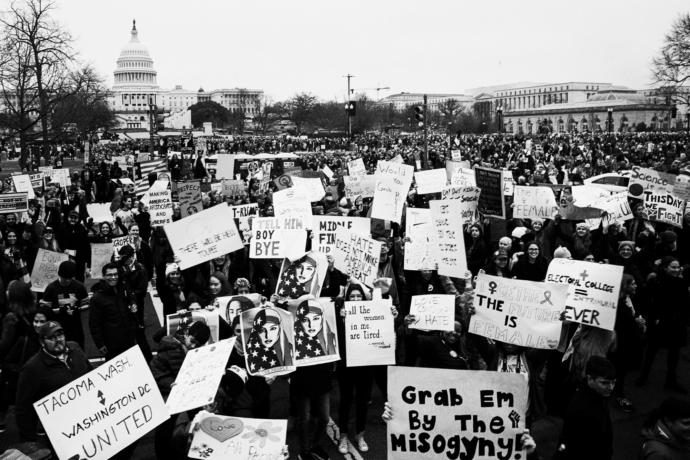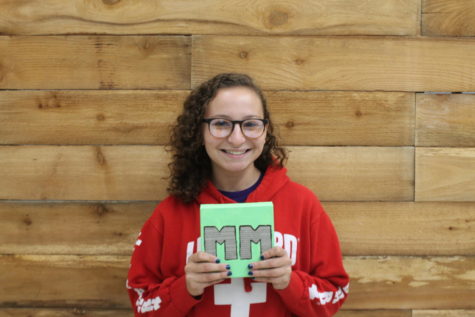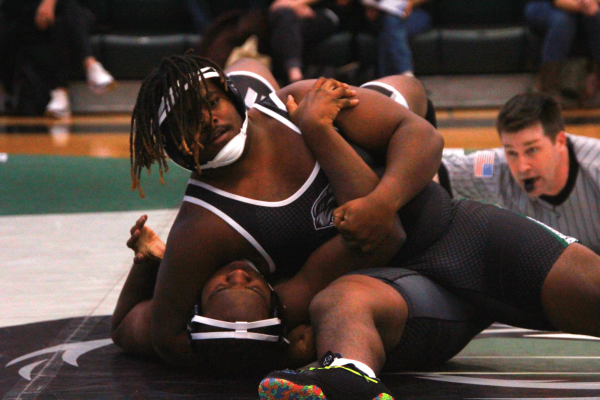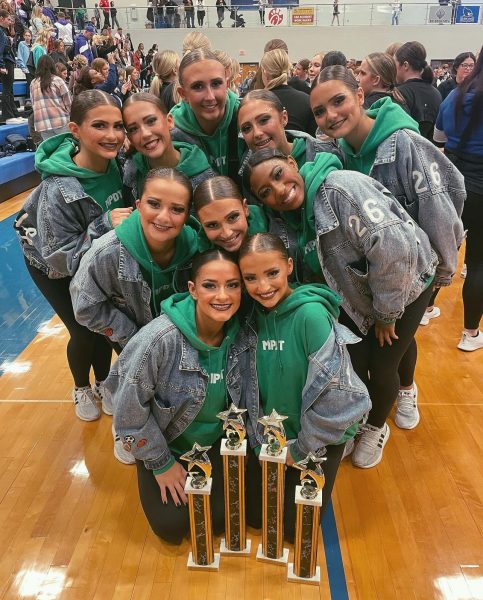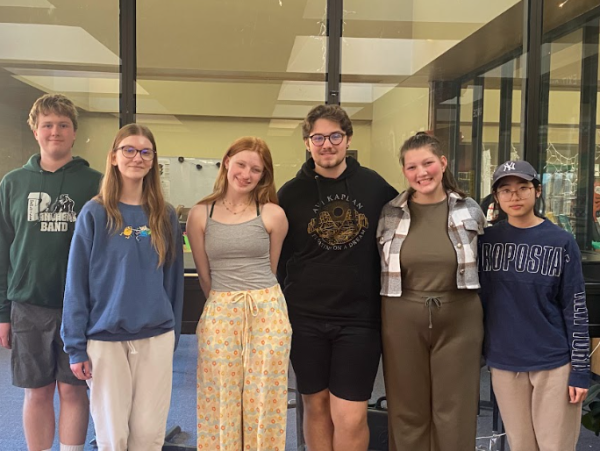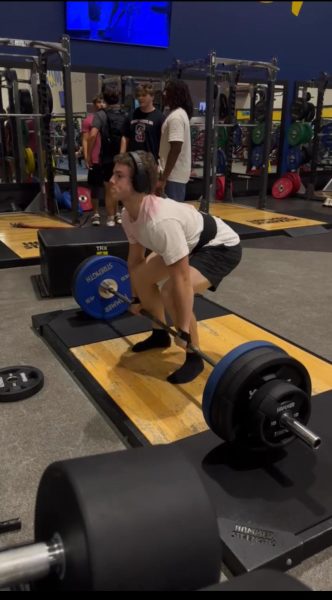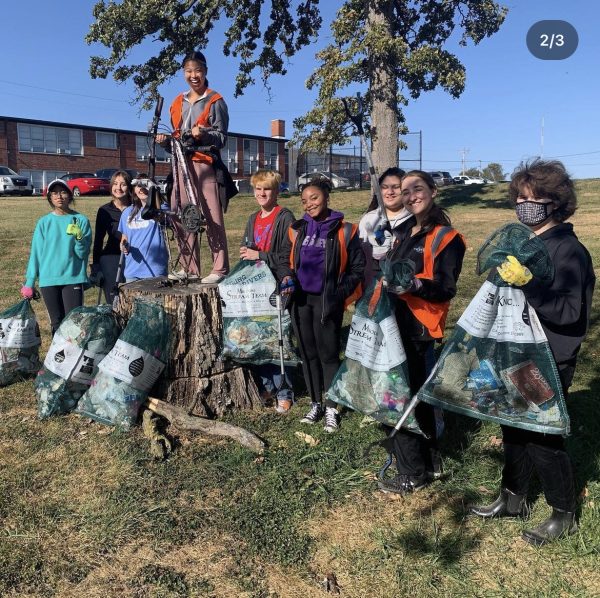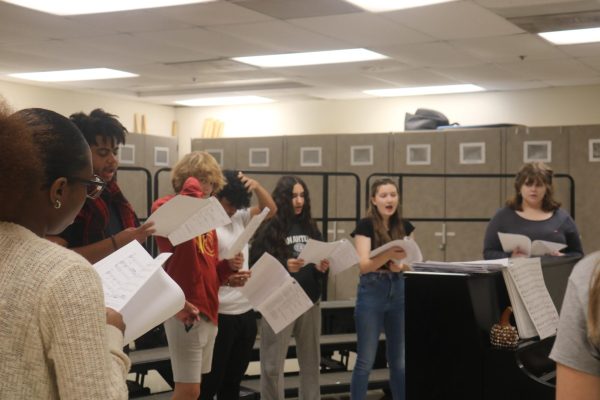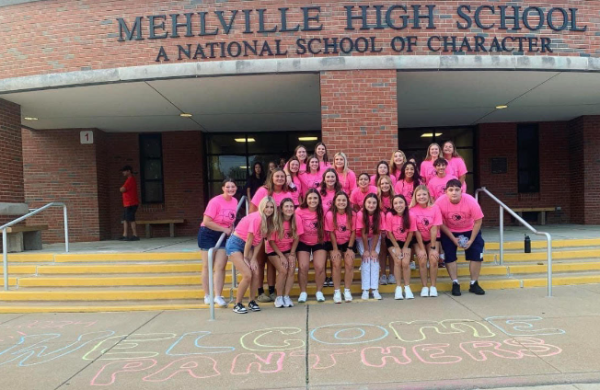Women March Their Footprints Into History
March 9, 2017
January 21st, 2017, will now be known as the day women made a stand for their rights in response to President Donald Trump’s inauguration.
Many citizens feel victimized by President Trump and his statements in regards to women, non-caucasian ethnicities, members of the lgbt+ community and more. In an attempt to stand up for their rights, people protested and marched together.
Washington D.C., Virginia, was the main site of the march, but many “sister marches” took place as well. St. Louis, Miami, Mexico City, London and even Antarctica hosted one of the sister marches. In total, an estimated 4.9 million people marched. Some were calm and peaceful, others were more rowdy and violent.
While the message is portrayed to be a stand about equal rights in general, many speculate that the march is more of a protest against the Trump Administration. Marchers held signs with messages on them such as “Dump the Trump”, “Not my president”, and “I still stand with her”.
Topics that were focused on were mainly about the female body, whether about sexual assault or abortion. More topics were equal pay, LGBTQ+ rights, and the future of America.
Celebrities like Madonna showed their support for the march. However Madonna made a bold statement after performing at the Washington March.
“I have thought an awful lot about blowing up the white house,” said Madonna.
While there were more positive statements during her speech to the crowd at the march, this seems to be a defining moment from the day.
Fox News reports that while the march was intended for anyone, women who were pro-life were rejected the opportunity to march.
Dr. Alveda King, niece of Dr. Martin Luther King Jr, told Fox that the amount of hate at the march ruined the opportunity to legitimately stand up to human trafficking and sexism.
I interviewed sophomore Serena Jolly about what she thought of the women’s march.
Q: What do you feel was the most important subject of matter at the march?
A: I feel like everybody who showed up to a women’s march around the country had something different that they were marching for personally, whether that be women, the LGBTQ+ community, people with disabilities, POC, survivors of sexual assault, etc. But at the end of the day, the march unified all of these people, allowing everyone who felt unsafe or targeted during this past election to stand in solidarity with one another and send a message that we will not be treated like less than by the people in office.
Q: Do you think there was any radical or uncalled for behavior at the marches?
A: For the most part, i think that people in the marches were all respectful of each other. The only thing that I would say was a problem was disputes between pro life and pro choice women. I feel as though it was a divisive subject that should have been put aside so that all of these women could march for their rights, because they are all women, no matter what their personal beliefs are.
Q: Who do you think the targeted audience (or most important targeted audience) was? Conservatives, women, minorities in general, congress, other countries, little girls, etc.?
A: I think that the message of the march was mostly targeted at two audiences. One, of course, was to the white house, sending a message that we will not stand for injustice. The other message was to young girls and boys across America. Kids who had never seen an election before this one should understand that this election was not normal. They should also understand that they are not powerless in matters like these, and they should always fight for what they believe in.
Q: Have you noticed any impact on people you know due to the march?
A: Personally, my friends and I felt upset about the way women were talked about by the president. Also, because the vice president is strongly for conversion therapy, some of my friends who are LGBTQ+ suddenly felt unsafe being out of the closet. Now, because of the march, we have all realized that there are so many people out there with the same concerns that will continue to fight for our rights.
Q: Any other comments?
A: I think a lot of men felt like they were excluded from the march, but this isn’t true. You don’t have to be a woman or minority to support equality.
At the end of the day, those who support the march acheived their goal: the world knows that they have a message and won’t stop until it’s been delivered.


